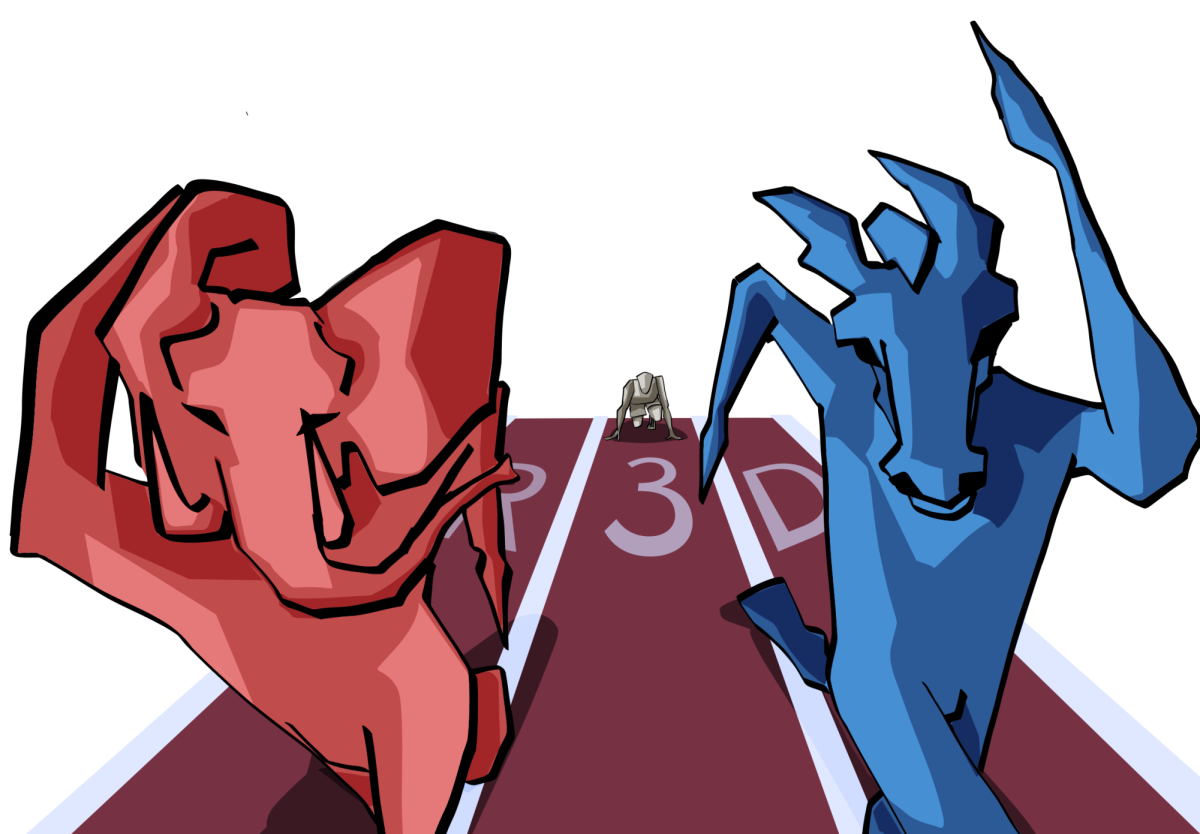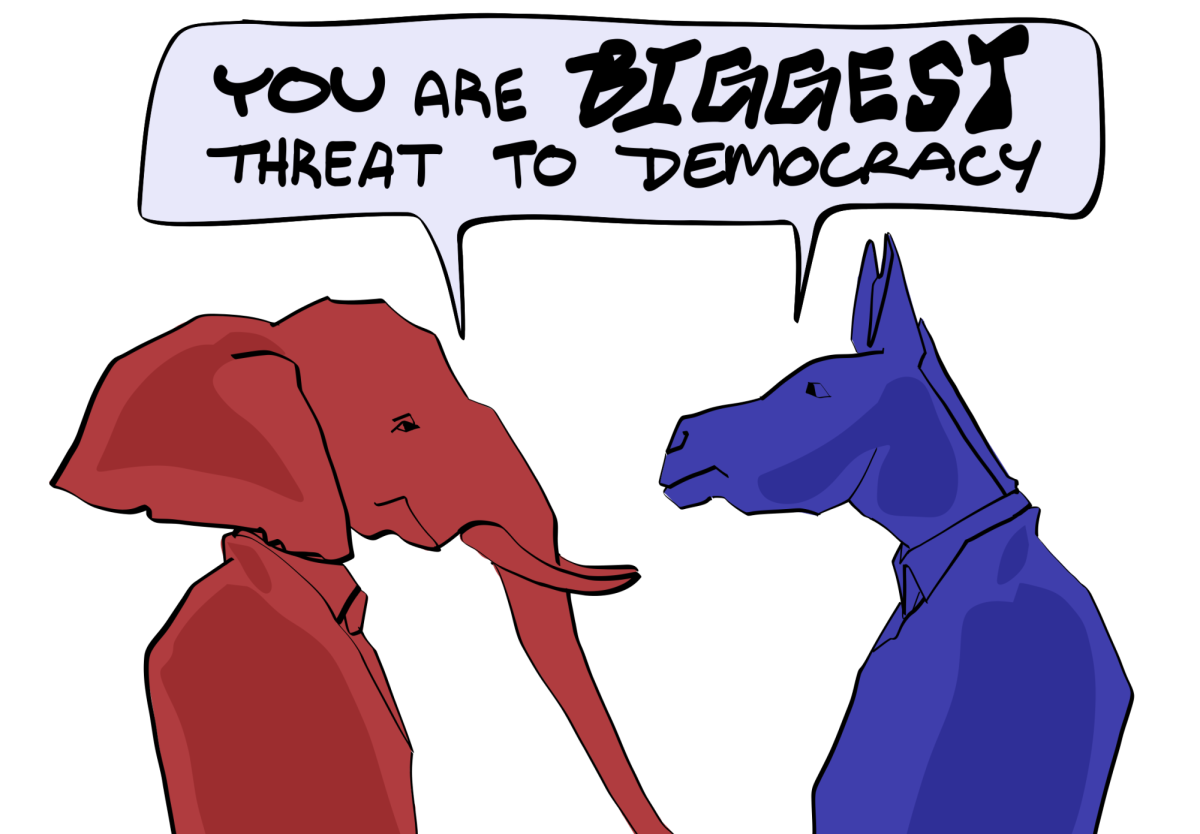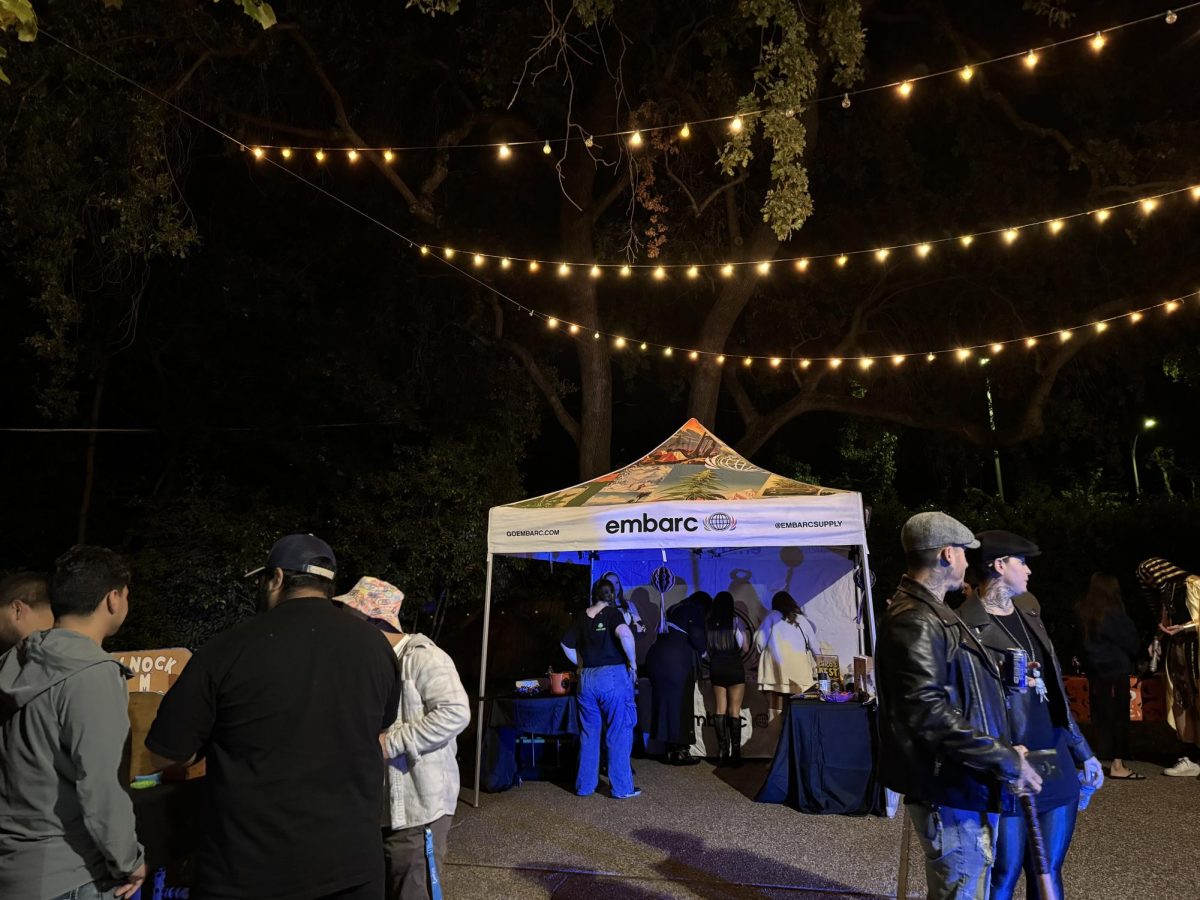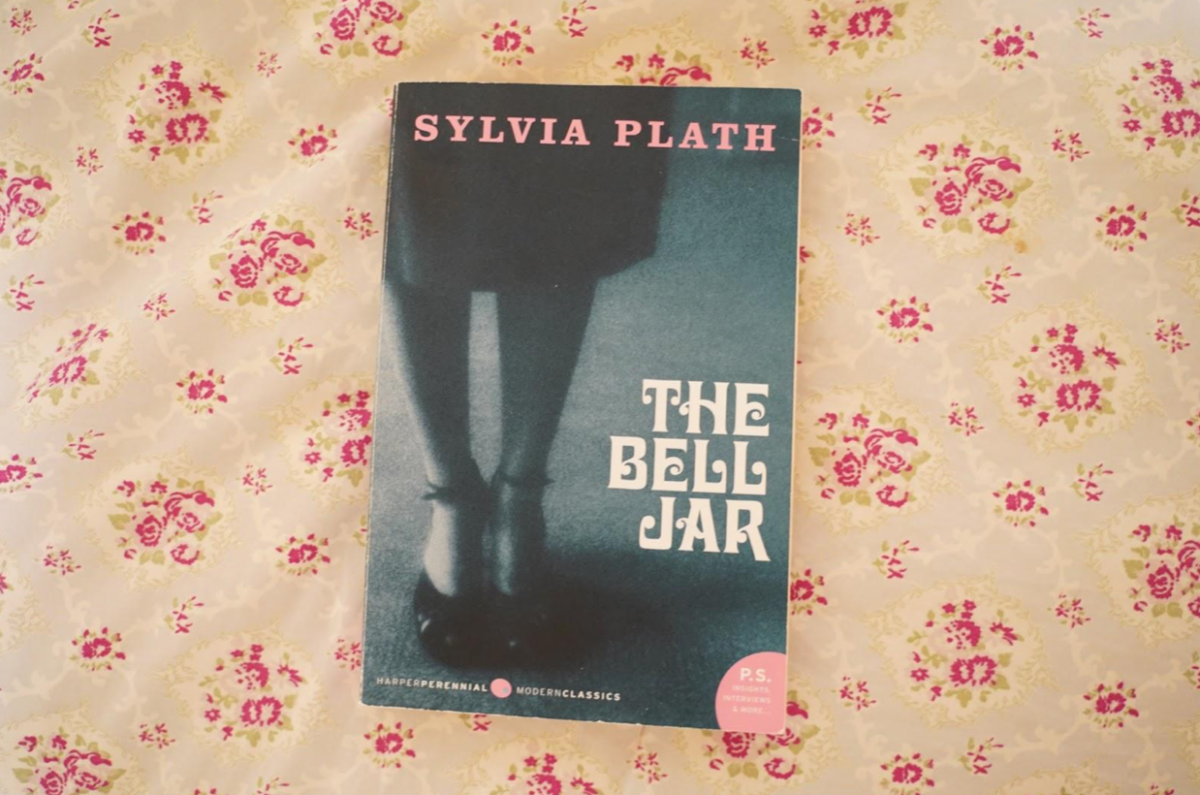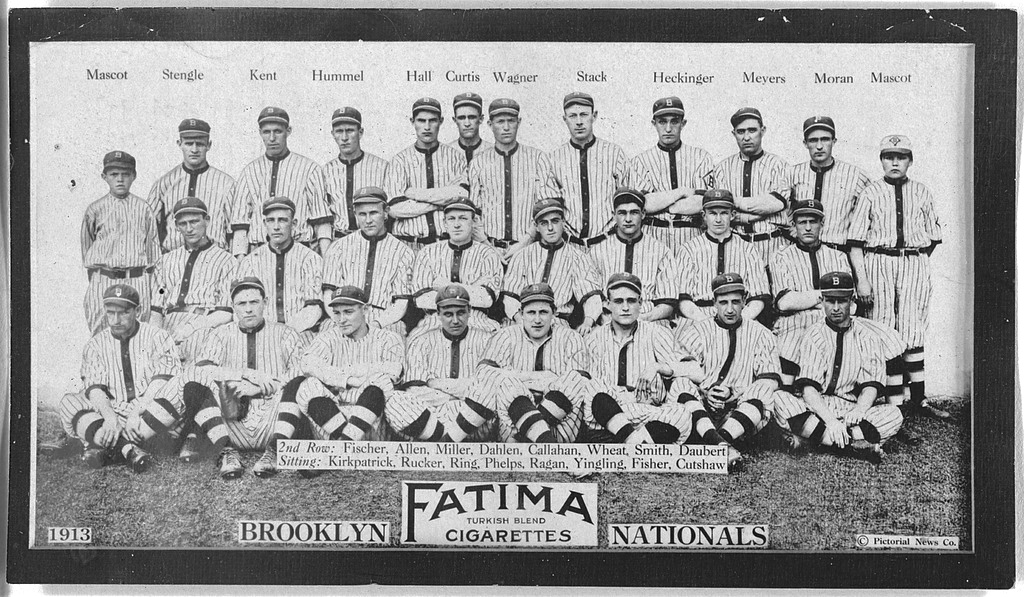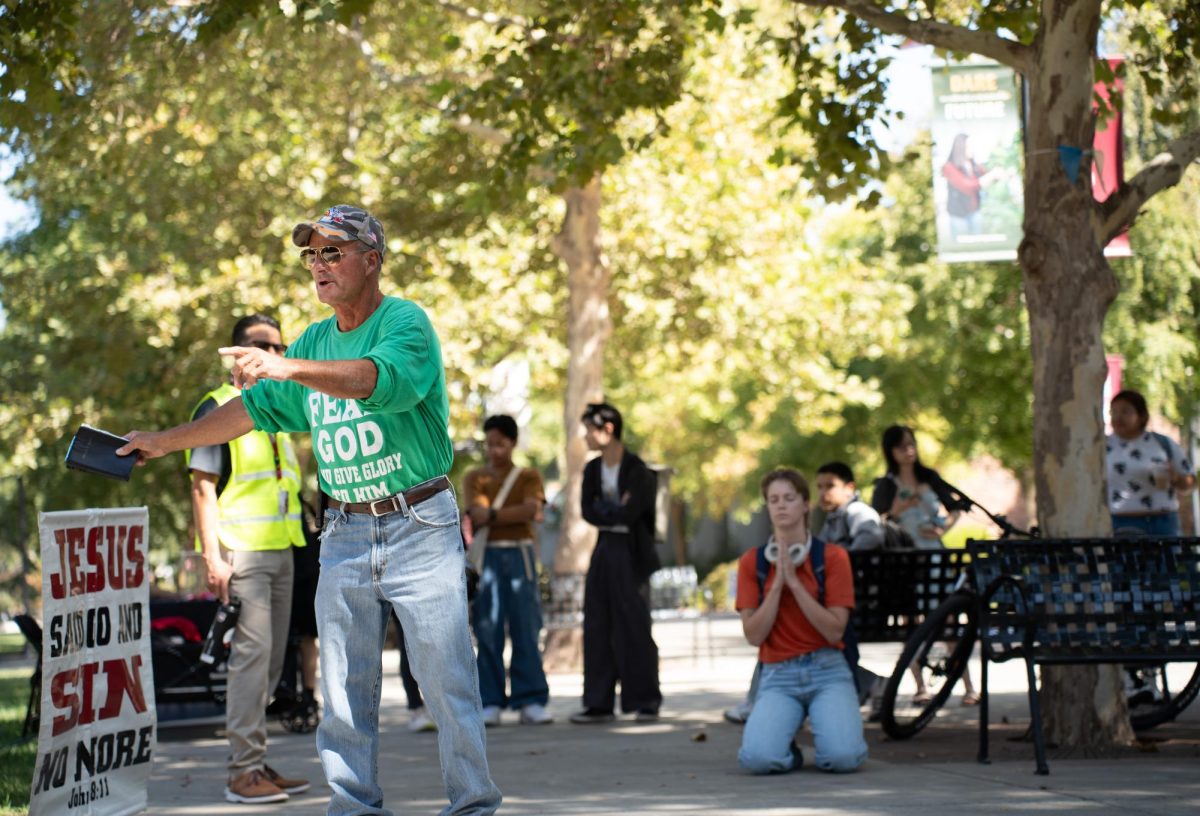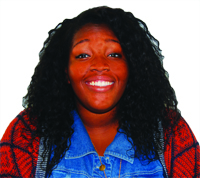
I’m sure when Martin Luther King Jr. spoke of little black boys and girls holding hands with little white boys and girls, he didn’t expect it to be this awkward.
It feels as though the white masses that make up most of Chico State suffer from something unique to Caucasians — white guilt.
It causes them to wince and avoid eye contact with black students or to walk on eggshells, hoping to not offend.
I can assure you, it’s been noticed.
Not all black students see color lines. In most cases, I find myself caring about someone’s personality and what they have to offer me as a friend. I care about the important things — the content of their character, not the color of their skin.
Yes, that too was from a Martin Luther King Jr. line.
Not everyone is colorblind, but I do get offended when someone decides that the best way to speak to me is through erratic hand gestures and choppy Ebonics, commonly referred to as black vernacular.
That’s like speaking slowly and loudly to someone who speaks a different language, which is also borderline offensive.
This is where white guilt plays a role.
Not knowing where the line is can cause many uneasy moments and a slew of apologies that I futilely accept.
“It’s fine,” I say.
“You’re not the first,” I reply.
White guilt is what resegregates color lines.
Maybe it’s the places some grew up in or the black students they went to school with, but we all attend the same university and are learning at different paces.
Chico State lacks diversity. Only 1.8 percent of students classified themselves as black or African-American, according to the university’s Chico Facts page.
It has come to my knowledge that most people who attend Chico State have never even had a black friend. With the lack of exposure and the small population, all the hesitant behavior makes sense.
However, looking to social media is no way to learn how to approach anyone.
Not everyone knows who Lil’ Terrio is. It may be offensive when people go around saying, “Oooh, Kill ‘Em!” to black students in an attempt to be hip, assuming that they all know who he is.
This is a small part of a subculture within black culture. It does not define an entire group.
OK, so slavery happened. And no, this is not me being insensitive.
Being Nigerian-American, my family has no real links to slavery. Yet I still get those awkward stares and questions from peers about my opinion on it and how it shaped this nation.
That’s like asking people with Jewish ancestry stemming from Italy how they feel about everything that happened in Germany during the Holocaust.
Asking questions is helpful in the process of getting to know about any culture, if one has pure curiosity.
I believe consulting an older person from a different culture is the best thing one can do when learning about a new culture and finding out what is and isn’t OK to ask — get an answer that isn’t diluted with young angst. Or just Google it.
Be aware though, there is such a thing as a stupid question when asking about another culture.
Until people realize that what separates us is literally only what shade of makeup we wear or whether or not we feel it’s necessary to use sunscreen, there will always be a little bit of guilt and a lot of hollow insincerity acting as a barrier.
Prin Mayowa can be reached at [email protected] or @PrinSupreme on Twitter.




